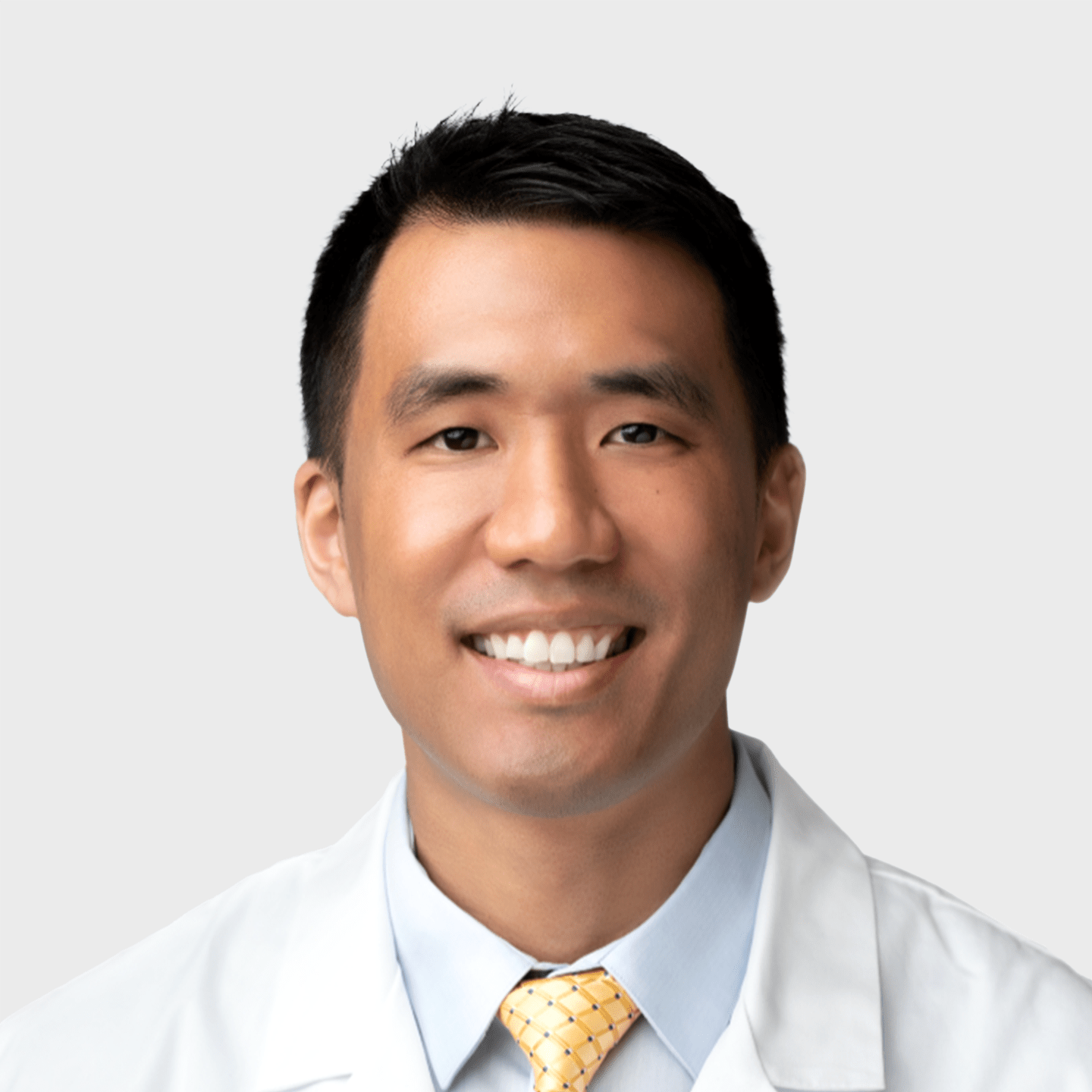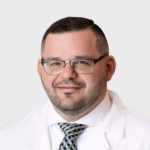
Featured Doctor
Andrew Pao, MD
Get to know Dr. Andrew Pao, a fellowship-trained foot and ankle surgeon at Orthopaedic & Neurosurgery Specialists.
View Profile

What is your practice philosophy?
We all approach our health decisions from a similar perspective – we want straightforward information with which to make informed, personalized decisions. I work hard to involve my patients in their own treatment decisions and plan of care. I also strive to make sure patients understand the information I am trying to convey. I draw from my own prior experience being a surgical patient and the valuable lessons that I learned from that time in my life. Each patient has their own individual goals and expectations, and I really take these into account when formulating a customized treatment plan.
What made you choose to become a foot and ankle surgeon?
Like many, I was initially drawn to medicine because of a desire to help others. It was in medical school where I discovered exactly what this meant to me. I was attracted to orthopedic surgery because it allowed me to use my hands in order to assist people to get back to doing what they loved to do. It is a joy to be able to meet a wide variety of patients and to work with them to restore their overall function and wellbeing and in turn, improve their quality of life. The functioning of the foot & ankle impacts the entire functioning of the human body. For me, it is the most interesting specialty in orthopedics as there are many intricacies and biomechanical considerations necessary to making treatment decisions.
I also was drawn to the foot & ankle specialty after experiencing multiple foot injuries from playing basketball. I underwent surgery for a midfoot injury while in medical school, and it had a tremendous impact on my desire to treat patients with similar injuries.
What trends in your specialty area do you see emerging?
There continue to be advances in surgical techniques for the foot and ankle. Many of them are new minimally invasive techniques which tend to use smaller incisions and decrease recovery time in many cases. Minimally invasive techniques can also lead to earlier mobilization after surgery which also led to increased patient satisfaction. There is also a trend towards the use of various biologics that can potentially decrease the need for surgery entirely in some instances.
How do you stay current in your field?
There are a variety of things that I do to stay current in my field. It’s what makes orthopedic surgery challenging yet so fascinating at the same time. Whether it’s through reading medical journals or attending conferences, I am continually able to take an evidence-based approach to optimize outcomes in my clinical practice. Most importantly, it allows me to get my patients back to doing what they want to do in life.
Outside of work, what are your personal interests?
Outside of work, I enjoy spending time with my family; we have a young daughter who is growing up so quickly. We are looking forward to hopefully traveling more! I play basketball and exercise when I have free time. I am an avid sports fan, and love watching football, baseball and basketball. I am extremely passionate about the current and future success of the Green Bay Packers football team.







